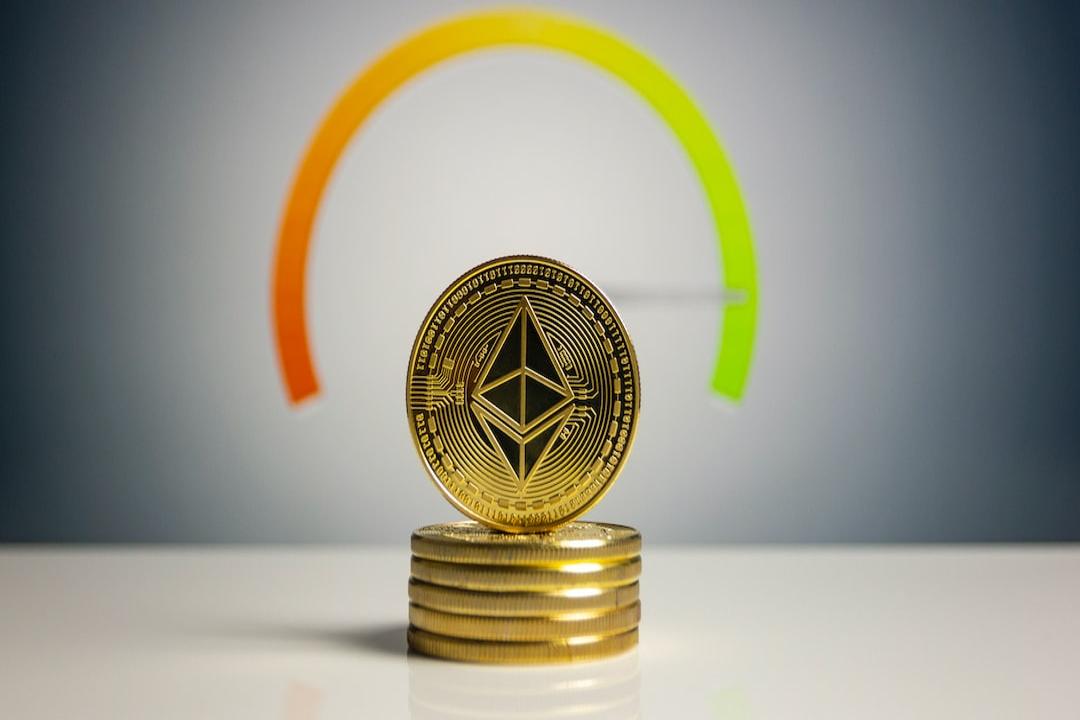Authored by: Deep Tide TechFlow
“In the world of cryptocurrencies, it’s all about making money, who cares about playing games.” This consensus in the hearts of the investors, when interpreted in reverse, probably means that players in the traditional gaming community may not think about making money.
However, the reality shows that no one can resist freebies. In the community, Notcoin and Hamster Kombat have popularized the “click to earn money” freebie gaming mode; coincidentally, this trend of taking advantage has also spread to Steam, the most popular platform in the traditional gaming community.
In recent weeks, a freebie game called Banana on Steam has suddenly become a sensation, to an extent that is quite outrageous. According to official Steam data, at the time of writing, the number of players online simultaneously on Banana has exceeded 750,000, topping the Steam platform’s ranking of simultaneous players online.
Being overshadowed by Banana, classic titles like CS2, DOTA, PUBG, and Destiny 2, which are well-known for their gameplay and competitiveness, are now trailing behind. What’s intriguing is that this Banana game is only 60MB in size, truly a small game.
Choosing to play Banana over popular games, what’s the catch? Steam version of Notcoin, earn money with a click
Games vary, but human nature is the same. Banana is actually a typical freebie game, just like Notcoin, with no understanding or learning curve required. All you need to do is click, click, click, just like Notcoin, and then your money-making journey begins.
In terms of gameplay and interface, this banana game is even simpler than Notcoin: you are given an image of a banana that you can click with your mouse; as you click, the number on the banana increases, that’s all.
Through your clicks, a regular banana drops after 3 hours, and a special quality banana drops after 18 hours. So, the mainstream gameplay becomes: enter the game, click the banana, wait, and get the banana.
For readers unfamiliar with Steam, the platform has a “inventory” feature, where playing a game will drop related items into your inventory; these items could be badges, or other items related to the main game, to enhance player engagement and retention.
And these dropped bananas are much more appealing due to their monetary value. With Steam’s built-in secondary market, you can directly list these dropped bananas for sale. So, how much are different types of bananas worth?
Doesn’t it sound a bit like the NFT market? The pricing of a virtual item is entirely dependent on supply and demand.
The most expensive banana on the market is called Crypticnana, priced at 8300 RMB. Considering it’s a freebie game, this price is quite enticing.
I speculate that some savvy traders have already sensed the money-making potential and have engaged in various activities to drive up prices.
Clicking, dropping items, selling items, and even creating a market around items, who says the gaming community doesn’t engage in speculation?
However, trading bananas on Steam incurs a high transaction tax. For virtual items priced above $10, the final cut is above 5%, similar to the 5% fee on Opensea.
And this tax implies that high-priced bananas have low liquidity, while low-priced bananas have higher liquidity and faster turnover. Some special bananas hold cultural value, like the dog banana shown below.
Speculation is innate
In the crypto world, even a seemingly harmless game like this banana game can create a trading market and interaction interface conducive to speculation, where virtual items generate high speculative value.
So, when it comes to speculation, the stigmatization of the cryptocurrency and Web3 community is inevitable, as they provide a convenient environment for speculation.
However, the banana game on Steam proves that speculation isn’t always tied to the cryptocurrency world, but any platform that provides space for speculation will be associated with it.
Nobody can resist clicking for money, and on the widely known Steam platform, the banana game is still running wild.
Web2 and Web3 have never been in opposition; in the world of different information structures, speculation thrives.
This article is authorized for reposting from Deep Tide TechFlow.

